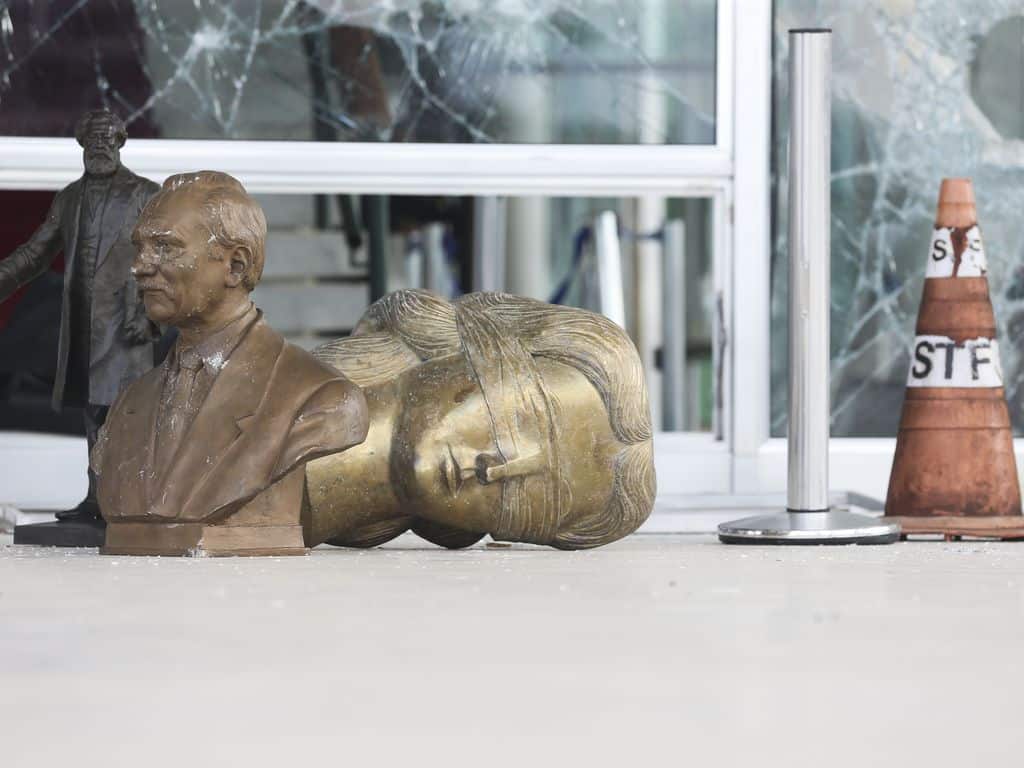


A joint initiative between the University of Bergen
and CMI – Chr. Michelsen Institute
Brazil: Political decision-making in times of crisis
Constitutional courts have become central actors in political, institutional and social crises. How does the Brazilian Supreme Court meet these challenges?
 Photo: Valter Campanato/Agência Brasil
Photo: Valter Campanato/Agência Brasil Decision-making in times of crisis amplify challenges of judicial compliance. It may subject the court and its justices to public scrutiny and criticism from political actors, which could lead to a backlash and resistance to verdicts.
In this seminar, Karina Denari presents her study on strategies used by the Brazilian Supreme Court to meet these challenges. They include strategies such as the use of agenda power, vagueness or strategic silence.
Denari asks to what extent do using such strategies impact the coherence and stability of decision-making, as well as the courts’ reputation and the public’s trust in the long run.
Karina Denari is a researcher at FGV São Paulo Law School and a guest researcher at the Centre on Law and Social Transformation with a grant from the Coordenação de Aperfeiçoamento de Pessoal de Nível Superior – Brazil (CAPES-PrInt). She holds a master’s degree in Law from the University of São Paulo, and a PhD in Law from the Federal University of Rio de Janeiro.
Siri Gloppen will be discussant and Larissa Margarido will chair the seminar.
The seminar is part of the RDV-webinar series, a collaboration between the Centre for Research on Discretion and Paternalism and the Centre on Law and Social Transformation at the University of Bergen. The RDV-webinar series is an interdisciplinary webinar where we invite national and international researchers to talk about their pioneering research on topics regarding law, democracy, and welfare.
Event info.
Bergen GlobalJekteviksbakken 31, Bergen
23.02.2023
14:15 - 15:30
English
LawTransform Add to calendar

